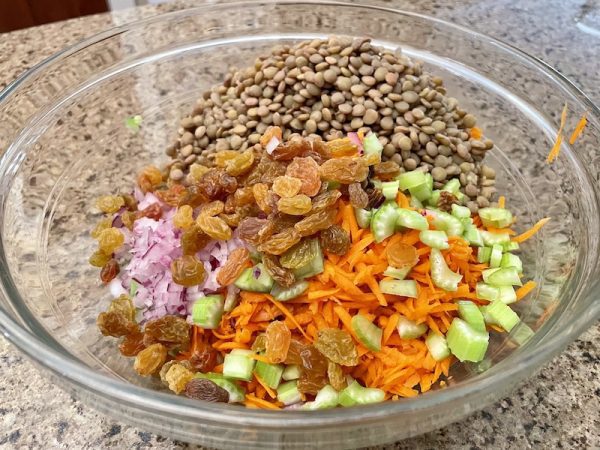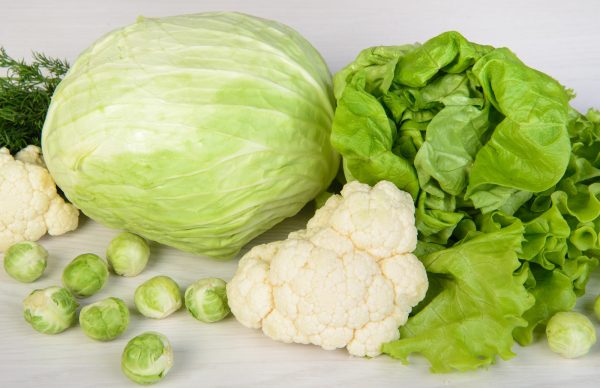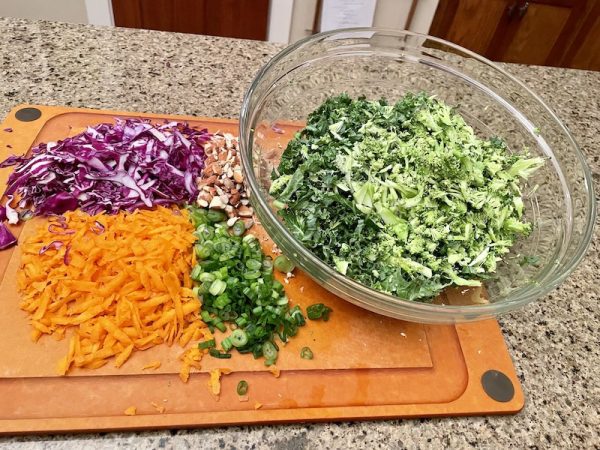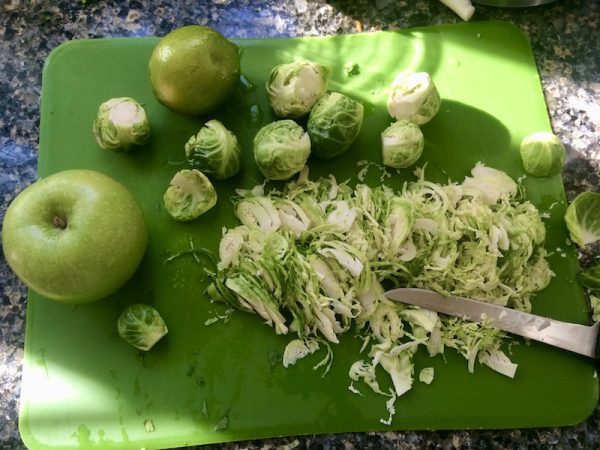Digestive Wellness for Brain Power: 10 Tips to Optimize Your Gut
Are you looking to sharpen your mind and enhance your cognitive abilities? The secret might be in your gut!
Did you know that digestion plays a crucial role in protecting and optimizing brain function?
A healthy digestive system ensures the efficient absorption of vital nutrients that support your brain health. Conversely, poor digestion can lead to various issues that can negatively impact cognitive abilities and overall mental well-being.
Here are a few key symptoms that may indicate the need to support your digestion to protect your brain:
- Brain Fog: If you frequently experience mental fogginess, difficulty concentrating, or memory lapses, it could be a sign of poor digestion affecting your brain’s performance.
- Fatigue and Lack of Energy: When digestion is compromised, nutrient absorption is affected, resulting in reduced energy levels and feelings of fatigue.
- Inflammation: Chronic inflammation in the gut caused by poor digestion can trigger a cascade of inflammatory processes that reach the brain, potentially leading to cognitive decline and neurological disorders.
- Mood Imbalances: Digestive issues can disrupt the balance of neurotransmitters in the brain, leading to mood swings, irritability, and even depression or anxiety.
Supporting your digestion is essential for maintaining optimal brain health. Here are a few steps you can take to nurture your gut, boost your cognitive performance and protect your brain:
Stay Hydrated
Drink plenty of water throughout the day. Proper hydration aids digestion and helps transport nutrients to your brain more efficiently. Drink water between meals rather than with them. This helps maintain proper stomach acid levels for optimal digestion.

Chew chew chew!
Slow down and chew your food thoroughly. This simple practice can improve digestion and nutrient absorption, providing your brain with the fuel it needs.
Fiber is Your Friend
Increase your fiber intake with leafy greens, cruciferous and rainbow vegetables, beans and whole grains. Fiber feeds the good bacteria in your gut, helping to maintain a balanced microbiome that

Embrace Omega-3s
Include fatty fish, chia seeds, and walnuts in your diet. Omega-3 fatty acids support both gut and brain health.
Spice It Up
Use herbs and spices like turmeric, ginger, and peppermint. These can aid digestion and have anti-inflammatory properties that benefit both gut and brain.
Include Prebiotic Foods
Make prebiotic-rich foods like garlic, onions, and asparagus part of your daily meals. These feed the good bacteria in your gut, supporting overall digestive and cognitive health.
Embrace Fermented Foods
Incorporate probiotic-rich foods like yogurt, kefir, sauerkraut, and kimchi as a condiment — scoop a dollop into saladas, grain bowls, wraps… These foods support a healthy gut microbiome, which in turn promotes better cognitive function.
Limit Processed Foods
Cut back on processed and refined foods. Minimize sugar. These can disrupt your gut microbiome and lead to inflammation, which may negatively impact cognitive function.
Practice Stress Management
Incorporate stress-reducing activities like meditation or yoga into your routine. Stress can negatively impact digestion and cognitive function, so managing it is crucial.
Get Moving
Regular exercise promotes healthy digestion and increases blood flow to the brain, boosting cognitive performance. Take a walk after dinner. Use the stairs, not the elevator, park away from the entrance of the store instead of circling the parking lot to find the closest spot.
A healthy gut is the foundation for a healthy brain. 😊
By implementing these digestive tips, you’re not just improving your gut health – you’re giving your brain the support it needs to function at its best.
Build one daily habit at a time and notice the difference in your cognitive abilities. Your brain (and your gut) will thank you!
Do you have any favorite gut-healthy foods or practices that help boost your brain power? Share them in the comments below!



